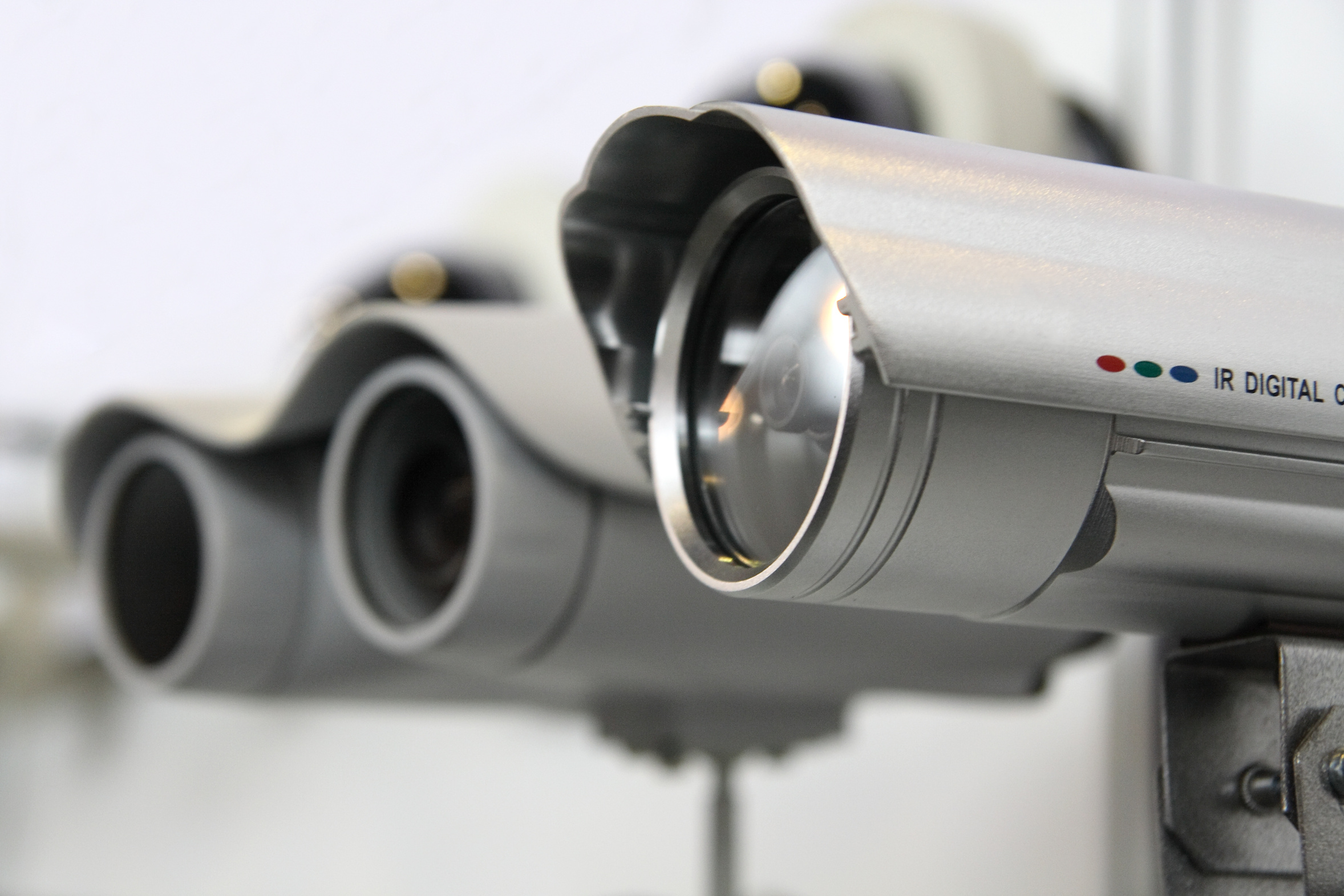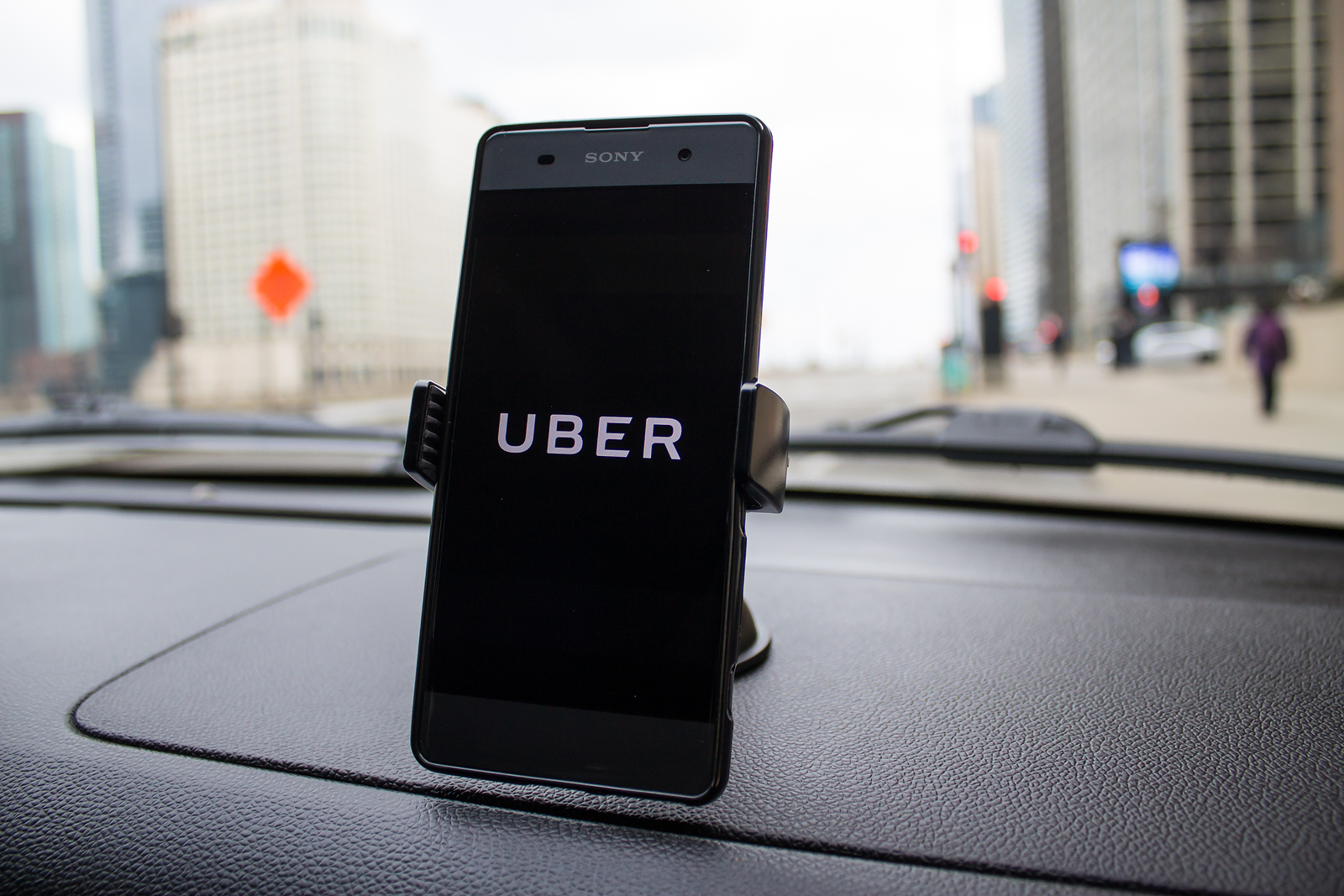Pirate Party looks to change copyright, surveillance
The Pirate Party hopes to make Labour and the Conservatives listen to copyright and other digital issues.


The UK faces some major digital issues: file sharing and copyright, surveillance and online freedom.
On top of this, government and industry are about to invest billions of pounds realising the goals of the Digital Britain report, with the hopes of improving digital access to more and more people across Britain.
After success in Sweden and Germany, the Pirate Party has officially registered in the UK, with plans to run in the next general election.
The leader of the Pirate Party told IT PRO that the success of the party in those countries lead him to start up in the UK.
"I'm a musician, so I've been interested in copyright for quite a few years now," Andrew Robinson said, adding that he saw the success of the Swedish branch and wanted a Pirate Party for the UK.
The party campaigns on three policies: reform patent and copyright law, end excessive surveillance, and ensure real freedom of speech - on and offline.
"We're in danger of alienating a whole generation... if the government sticks to copyright and surveillance plans," he said.
Sign up today and you will receive a free copy of our Future Focus 2025 report - the leading guidance on AI, cybersecurity and other IT challenges as per 700+ senior executives
For example, he noted the file sharing laws suggested in the Digital Britain report would mean fines of 50,000, which could be "financially destroying" to the seven million British citizens who do share files.
Current political parties have no motivation to change anything, as the pressure surrounding copyright laws come from lobbyists at big firms - those with all the money and motivation to keep things the same. "Disney have good reason to keep Mickey Mouse under copyright," Robinson said.
But it's not just about file sharing. Surveillance is also a major issue, with the Pirate Party standing up against the profiling and tracking of people by companies and the government.
Can the Pirate Party succeed?
So how successful can the Pirate Party be? Because of the way the UK's parliamentary system works, it's very difficult for any smaller party to get a seat.
"The way we see it actually finishing up, is we prove there's so much support for these policies that other parties adopt our policies," Robinson said. With enough voters onside, Robinson believes Labour and the Conservatives will be eager to take on Pirate policies.
With their stand against ID cards and surveillance, Robinson said the Conservatives' policies on these issues are closest to the Pirate Party's campaign points, with the Green Party also "fairly close."
But the Pirate Party doesn't want to align itself to another party for two reasons. First, it doesn't want to expand its remit beyond its three main policies. Second, it doesn't want to start leaning to the left or to the right.
"We're not a left-wing party, we're not a right-wing party," he explained. "We're getting support from the whole spectrum."
And the party will need its fair share of support. Running a candidate in the general election is "fiendishly expensive," Robinson claimed, with a deposit of 320,000 to run someone in every constituency.
"Our success at the general election is down to raising funds," he said, adding that's why joining the party costs 10. At the moment, Robinson said there are some 320 people active on the site's forum, but every time he looks today, the number of members jumps.
The UK general election isn't the only goal, however. The Pirate Party has plans to run in the next European election. Winning a seat there is based on overall percentage, and where the current Swedish Pirate Party member has his seat.
For more on the party's plans, check out our sister title PC Pro's Q&A with Pirate Party leader Andrew Robinson here.
Freelance journalist Nicole Kobie first started writing for ITPro in 2007, with bylines in New Scientist, Wired, PC Pro and many more.
Nicole the author of a book about the history of technology, The Long History of the Future.
-
 Hackers are using LLMs to generate malicious JavaScript in real time
Hackers are using LLMs to generate malicious JavaScript in real timeNews Defenders advised to use runtime behavioral analysis to detect and block malicious activity at the point of execution, directly within the browser
-
 Developers in India are "catching up fast" on AI-generated coding
Developers in India are "catching up fast" on AI-generated codingNews Developers in the United States are leading the world in AI coding practices, at least for now
-
 AWS makes its Panorama Appliance generally available
AWS makes its Panorama Appliance generally availableNews The device helps increase quality control, optimize supply chains, and enhance consumer experiences
-
 Eagle Eye Networks announces new editions of Cloud VMS
Eagle Eye Networks announces new editions of Cloud VMSNews The editions are suitable for small, medium, and large businesses
-
 How to build a Raspberry Pi security camera
How to build a Raspberry Pi security cameraTutorials Build your own cut-price surveillance equipment
-
 Uber edges closer to '$10 billion' SoftBank investment
Uber edges closer to '$10 billion' SoftBank investmentNews Japanese tech giant will lead consortium buying an additional 17% stake in the ride-hailing firm - report
-

 EnGenius EL-EWS1025CAM review
EnGenius EL-EWS1025CAM reviewReviews A clever hybrid IP camera that combines video surveillance with a wireless AP and support for EnGenius’ Neutron WLAN meshing
-

 Axis M1065-LW review
Axis M1065-LW reviewReviews It’s pricey, but this little 1080p camera simply won’t be beaten for video quality and surveillance features
-
 D-Link Vigilance DCS-4602EV review
D-Link Vigilance DCS-4602EV reviewReviews A very affordable outdoor IP camera that’s built like a tank, though image quality is merely adequate
-
 New CEO plans to take Uber public within three years
New CEO plans to take Uber public within three yearsNews Dara Khosrowshahi wants to see change at Uber, and that may include an IPO
